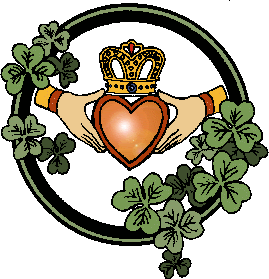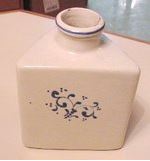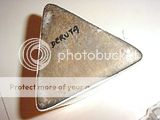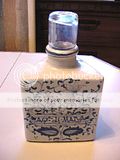Disclaimer included on site: Bear in mind “A Modern Herbal” was written with the conventional wisdom of the early 1900’s. This should be taken into account as some of the information may now be considered inaccurate, or not in accordance with modern medicine.
The whole plant, particularly the root, abounds with a mild mucilage, which is emollient to a much greater degree than the common Mallow. The generic name, Althaea, is derived from the Greek, altho (to cure), from its healing properties. The name of the order, Malvaceae, is derived from the Greek, malake (soft), from the special qualities of the Mallows in softening and healing.
Horace and Martial mention the laxative properties of the Marsh Mallow leaves and root, and Virgil tells us of the fondness of goats for the foliage of the Mallow.
Dioscorides extols it as a remedy, and in ancient days it was not only valued as a medicine, but was used, especially the Musk Mallow, to decorate the graves of friends.
Pliny said: ‘Whosoever shall take a spoonful of the Mallows shall that day be free from all diseases that may come to him.’ All Mallows contain abundant mucilage, and the Arab physicians in early times used the leaves as a poultice to suppress inflammation.
Preparations of Marsh Mallow, on account of their soothing qualities, are still much used by country people for inflammation, outwardly and inwardly, and are used for lozenge-making. French druggists and English sweetmeat-makers prepare a confectionary paste (Pâét‚ de Guimauve) from the roots of Marsh Mallow, which is emollient and soothing to a sore chest, and valuable in coughs and hoarseness. The ‘Marsh Mallows’ usually sold by confectioners here are a mixture of flour, gum, egg-albumin, etc., and contain no mallow.
Medicinal Action and Uses — The great demulcent and emollient properties of Marsh Mallow make it useful in inflammation and irritation of the alimentary canal, and of the urinary and respiratory organs. The dry roots boiled in water give out half their weight of a gummy matter like starch. Decoctions of the plant, especially of the root, are very useful where the natural mucus has been abraded from the coats of the intestines, The decoction can be made by adding 5 pints of water to 1/4 lb. of dried root, boiling down to 3 pints and straining: it should not be made too thick and viscid. It is excellent in painful complaints of the urinary organs, exerting a relaxing effect upon the passages, as well as acting curatively. This decoction is also effective in curing bruises, sprains or any ache in the muscles or sinews. In hemorrhage from the urinary organs and in dysentery, it has been recommended to use the powdered root boiled in milk. The action of Marsh Mallow root upon the bowels is unaccompanied by any astringency.
Boiled in wine or milk, Marsh Mallow will relieve diseases of the chest, constituting a popular remedy for coughs, bronchitis, whooping-cough, etc., generally in combination with other remedies. It is frequently given in the form of a syrup, which is best adapted to infants and children.











